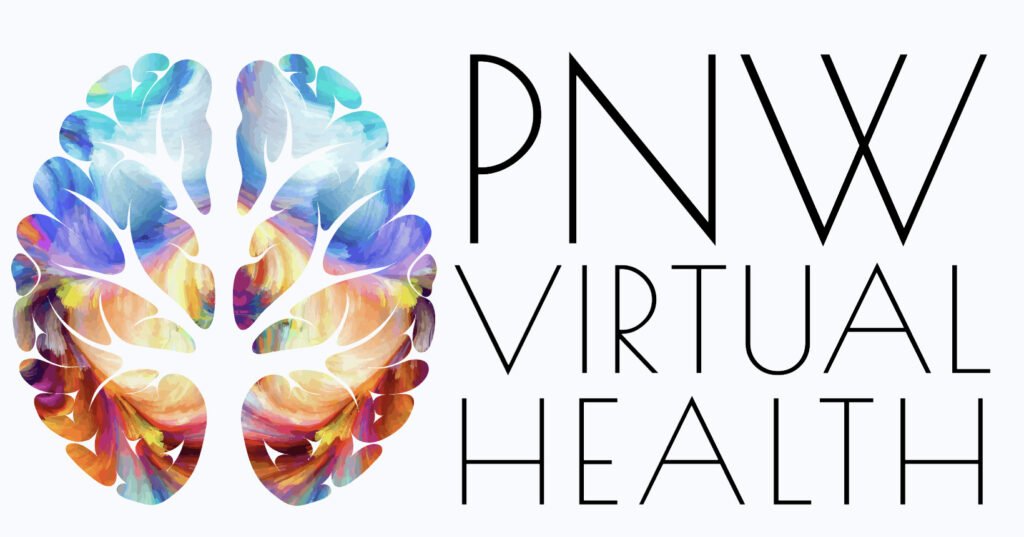-
October is ADHD Awareness Month
•
October arrives with its crisp air and vibrant colors, but it also brings with it an important opportunity: ADHD Awareness Month! For those unfamiliar, Attention-Deficit/Hyperactivity Disorder (ADHD) is a neurodevelopmental condition that affects millions across the globe. Often thought of as a childhood issue, the reality is that ADHD frequently persists into adulthood, though…
-
ADHD & Suicide Risk: Understanding the Critical Link
•
The intersection of Attention-Deficit/Hyperactivity Disorder (ADHD) and suicidal behavior represents a serious and often unrecognized public health concern. While ADHD is commonly understood through its hallmark symptoms of inattention, hyperactivity, and impulsivity, its pervasive influence on an individual’s life from emotional regulation to daily functioning significantly escalates the risk of suicidal ideation, plans, and…
-
Is Your Phone Making Your ADHD Worse? The Link Between Screens, Dopamine, and Distraction
•
Is Your Phone Making Your ADHD Worse? The Link Between Screens, Dopamine, and Distraction That familiar buzz in your pocket or the irresistible glow of the screen. For many of us, our phones are an extension of ourselves. But for those with ADHD, the relationship with these powerful little devices can be particularly complex.…
-
ADHD and Productivity: Forget the ‘Normal’ Tips, Here’s What Actually Works
•
For those of us with ADHD, the world of productivity advice can feel like a cruel joke. “Just make a to-do list,” they say. “Prioritize your tasks.” “Eat the frog!” While well-intentioned, this “normal” advice often crumbles against the unique wiring of an ADHD brain. It’s like being told to simply “see the color…
-
ADHD and Your Relationships: How to Navigate Misunderstandings and Build Stronger Connections
•
Relationships, in all their forms, are a cornerstone of the human experience. They bring joy, support, and a sense of belonging. But what happens when the dynamic is shaped by Attention-Deficit/Hyperactivity Disorder (ADHD)? For those with ADHD and their partners, the path of love and connection can have some unique twists and turns. Misunderstandings…
-
The ADHD Brain: Why You Struggle with Time Management, Motivation, and Organization and How to Work With It, Not Against It
•
If you have ADHD, you’ve likely faced the frustrating trio of challenges: the ever-elusive grasp on time, the daily battle for motivation, and the constant struggle to keep your life in order. You might have been told to “just try harder,” “be more disciplined,” or “use a planner,” only to find these conventional strategies…
-
5 Overlooked Signs of Inattentive ADHD in Adults and How to Spot Them
•
For countless adults, the true challenge of ADHD lies beyond hyperactivity. It’s a quiet, internal experience defined by an ongoing battle with focus, memory, and organization that can impact every area of life. These persistent difficulties are often misunderstood or dismissed as character flaws. The reality is that many adults are still undiagnosed or…
-
How to Talk to Your Provider About ADHD and Get the Support You Need
•
If you believe you have adult Attention-Deficit/Hyperactivity Disorder (ADHD), your primary goal is to get an accurate evaluation from an ADHD expert. A common myth is that you must start with your primary care physician (PCP) to get a referral. While that is one route, it’s often not the only one. Many people can,…
-
The Unexpected Strengths of ADHD: Why Your ‘Weaknesses’ Are Actually Superpowers
•
For too long, the narrative surrounding Attention-Deficit/Hyperactivity Disorder (ADHD) has been one of deficits, challenges, and weaknesses. But a new, empowering perspective is emerging, one that reframes the conversation and celebrates the unique and powerful abilities that come with an ADHD brain. This is a message of neurodiversity, recognizing that different wiring isn’t a…
-
Rejection Sensitive Dysphoria (RSD): Understanding the Secret Pain of ADHD
•
For many with Attention-Deficit/Hyperactivity Disorder (ADHD), the most challenging symptoms aren’t the ones people see. Beyond the well-known struggles with focus, hyperactivity, and impulsivity lies a lesser-known, yet profoundly impactful, aspect of the condition: Rejection Sensitive Dysphoria (RSD). This intense emotional response to perceived rejection or criticism can be a secret, debilitating pain, often…
